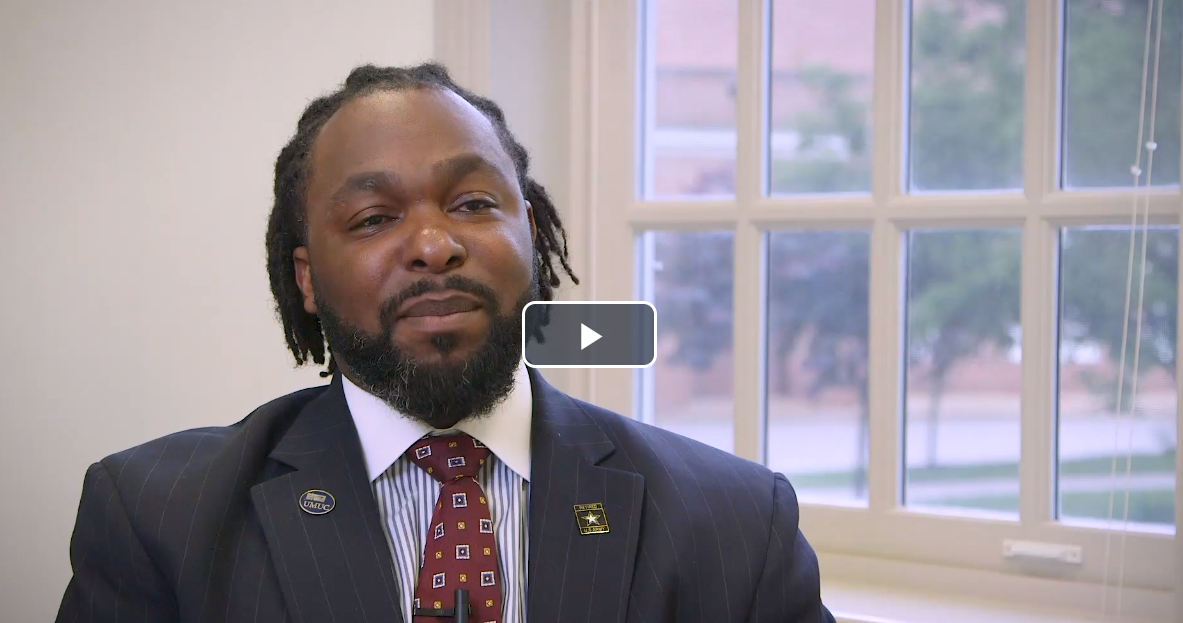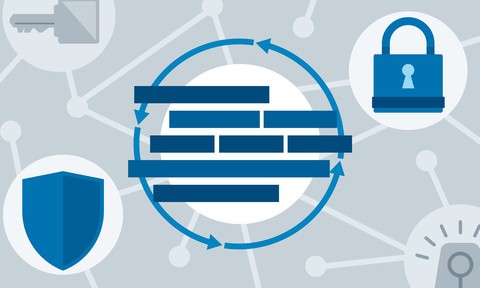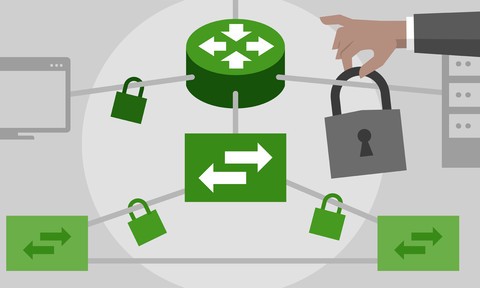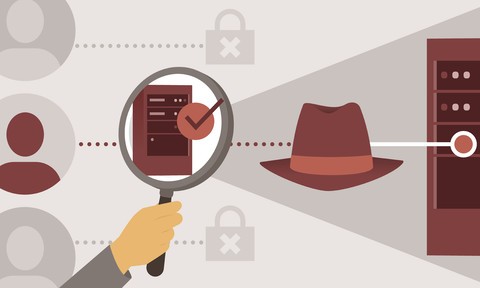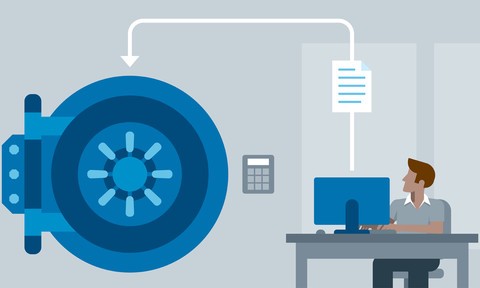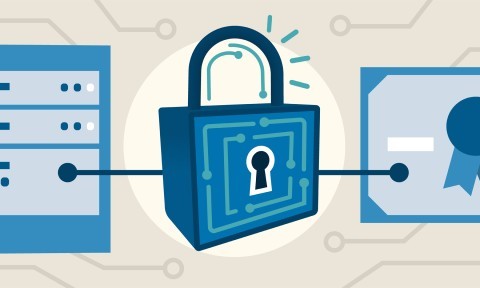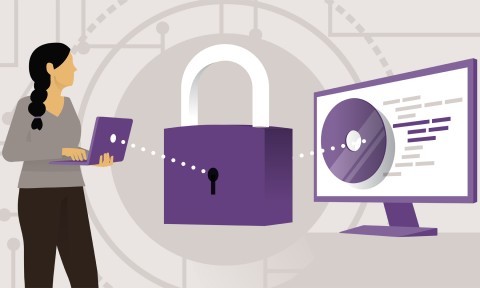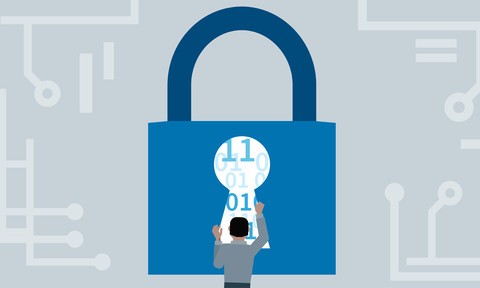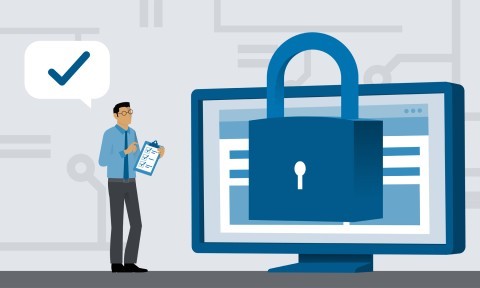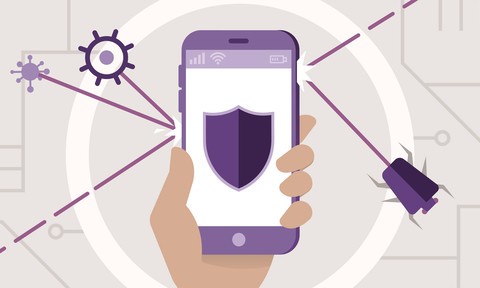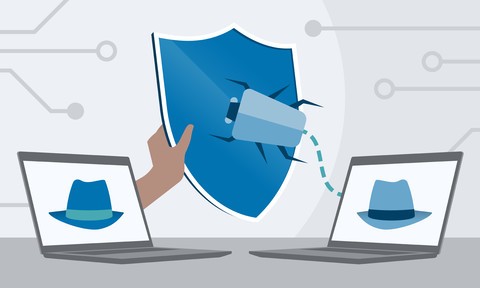The Cybersecurity in Computer Science program was created to respond to the large and fast-growing need for technical Cybersecurity experts nationally and internationally. Students in this program will acquire up-to-date knowledge and skills in Cybersecurity, a field of ever-increasing importance to national security, the economy, and individual users. They will also get a firm grounding in requisite core knowledge in computer science, as well as the ability to take courses in related disciplines.
Cybersecurity Policy & Compliance helps prepare students for managerial level positions in leading an organization’s cyber practices. The program consists of courses in computer science, policy, management, compliance, and risk management. Upon completion of the program, graduates will be equipped to protect proprietary information in the age of cyber warfare and global corporate espionage.

Program Guide
See a snapshot of career information for these programs:

Handshake
Search for internships and jobs, schedule career advising appointments, and more by signing in to GW’s career hub.
Learn about Careers Paths
Information Security Analyst (President & CEO)
GCubed Inc
Watch more interviews with industry professionals on CandidCareer – sign in via Handshake.
Professional Development
Get the latest industry knowledge, access to mentoring, and find job opportunities through professionals organizations:
- Center for Internet Security – cisecurity.org
- Information Systems Security Association (ISSA) – issa.org
- Inspiring a Safe and Secure Cyber World (ISC2) – isc2.org
- International Association of Computer Science & IT (IACSIT) – iacsit.org
- Information Systems Security Association (ISSA) – issa.org
- National Initiative for Cybersecurity Careers and Studies – niccs.us-cert.gov
- The SANS Institute – sans.org
- Women’s Society of Cyberjutsu – womenscyberjutsu.org
| Click here for more STEM professional organizations. |
Industry-Specific Job Sites
- CyberSeek – www.cyberseek.org
- Computer Work – computerwork.com
- Dice.com – www.dice.com
- EngineerJobs – engineerjobs.com
- iHireEngineering – ihireengineering.com
| Find more sites on our Job/Internship Search Resources page. |

